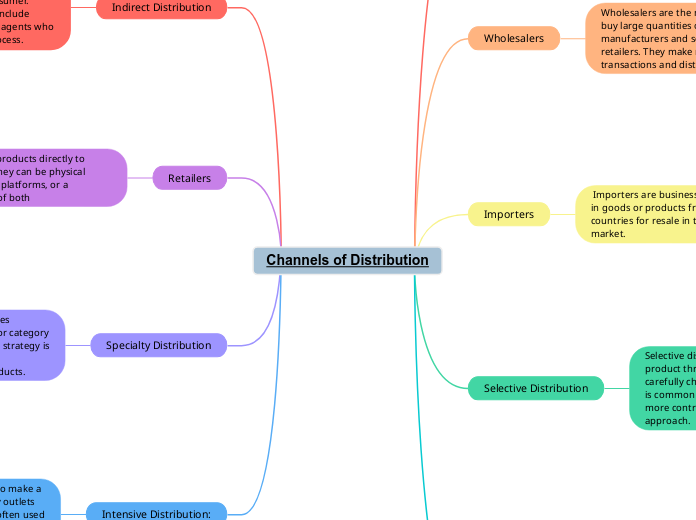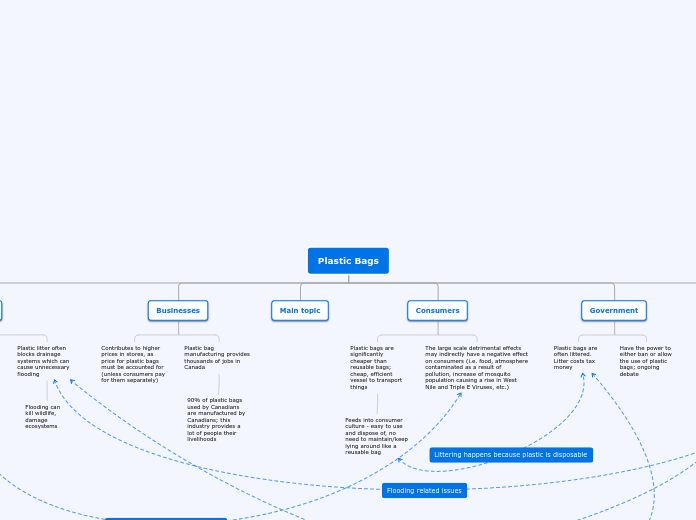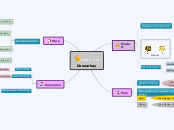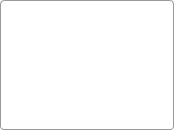da OM - 11PM 813363 Rick Hansen SS manca 1 anno
112
Channels of Distribution
Importers are businesses that bring goods from foreign countries for resale in the domestic market, often aiming to profit by importing large quantities of products like toys or electronics.









